Holidays in Ephesus: Celebrate and Discover Its Traditions
Planning your visit to Ephesus, one of Turkey’s most iconic archaeological sites, requires an understanding of the country’s national and religious holidays. These dates not only affect the opening of tourist sites and services but also offer a unique opportunity to immerse yourself in the local culture and traditions. This article highlights the most important holidays in Turkey, including those that are particularly relevant for visitors to Ephesus.
New Year’s Day (January 1)
The New Year marks the start of the Gregorian calendar and, while not traditionally Turkish, it is a national holiday. Many families take the day to relax or gather, and areas around Ephesus maintain a laid-back atmosphere. Tourist shops and restaurants generally remain open, but it’s always wise to confirm schedules in advance.
Martyrs’ Day and Gallipoli Victory (March 18)
This day honors the heroes who fell during the First World War, particularly in the Gallipoli Campaign. While there are no significant celebrations in Ephesus, the date highlights the profound sense of patriotism in Turkey and could be a good opportunity to visit historical monuments related to this conflict.
National Sovereignty and Children’s Day (April 23)
The National Sovereignty Day commemorates the founding of the Turkish Parliament in 1920 and is dedicated to children. Visitors to Selçuk, the town nearest to Ephesus, can witness children’s parades, cultural performances, and activities in parks. It’s a vibrant and joyful day that showcases Turkey’s focus on its youth as the country’s future.
Commemoration of Atatürk, Youth, and Sports Day (May 19)
This day honors Mustafa Kemal Atatürk, the founder of the Republic of Turkey, and marks the beginning of the independence movement in 1919. It is common to find sporting events and patriotic ceremonies throughout Turkey, including in Selçuk. Visitors can experience a sense of national unity during these commemorative activities.
Religious Holidays: Ramadan and the Feast of Sacrifice
Ramadan
The holy month of Ramadan is a special time in Turkey, during which Muslims fast from dawn until sunset. At the end of Ramadan, the Ramazan Bayramı (Eid al-Fitr) is celebrated with three days of feasting and family gatherings. Tourist restaurants generally remain open, but shop hours may vary.
Feast of Sacrifice (Kurban Bayramı)
This celebration, one of the most important in the Islamic calendar, commemorates Abraham’s willingness to sacrifice his son in obedience to God. During this holiday, families sacrifice animals and share the meat with the needy. While not directly related to Ephesus, it’s an interesting time to observe local traditions in Selçuk and Kusadasi.
Victory Day (August 30)
Victory Day commemorates Turkey’s final triumph in the War of Independence in 1922. It is a day of parades and patriotic events. While Ephesus does not host specific celebrations, this date is significant to Turkey’s national history and provides an excellent opportunity to explore historical monuments in the area.
Republic Day (October 29)
Republic Day celebrates the proclamation of the Republic of Turkey in 1923. Nearby cities such as Izmir and Selçuk often host parades, concerts, and light shows. It’s a great time to enjoy local cultural activities while learning more about the country’s modern history.
Special Events: Rumi Ceremonies
From December 7 to 17, the Rumi Ceremonies commemorate the life and teachings of Sufi mystic Mevlana Jalaluddin Rumi. Although these ceremonies primarily take place in Konya, visitors in Selçuk may find cultural events during this time, including performances by whirling dervishes.
Tips for Making the Most of Holidays
- Plan your visit: Check ahead to see if tourist sites like Ephesus will remain open during public holidays.
- Join the celebrations: Take the opportunity to experience local traditions at events and parades.
- Carry cash: During religious holidays, ATMs in tourist areas can run out of cash quickly.
- Avoid crowds: Visit Ephesus early in the morning during public holidays to enjoy the site in peace.
Conclusion
Understanding Turkey’s and Ephesus’s public holidays can transform your travel experience, allowing you to immerse yourself in local culture and make the most of your visit. From national celebrations to religious festivities, each date offers a unique window into the traditions and history of this fascinating region. Prepare to enjoy an unforgettable experience while exploring one of the world’s most iconic destinations.


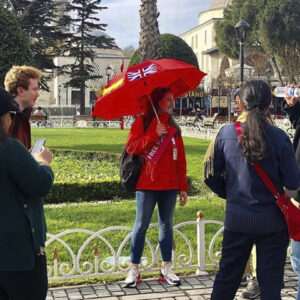
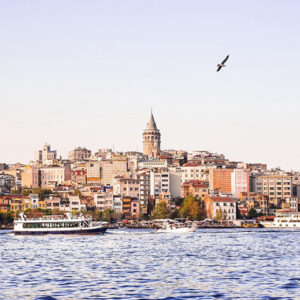



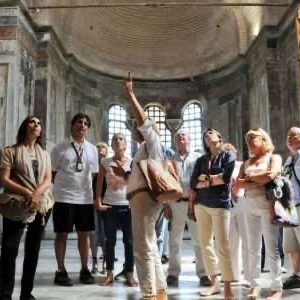
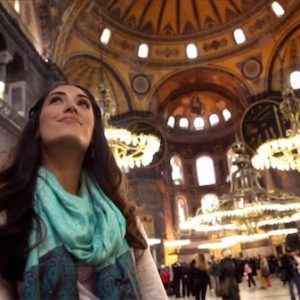
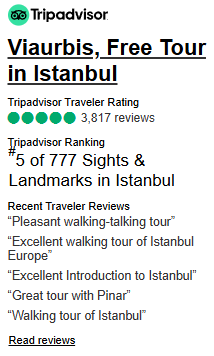
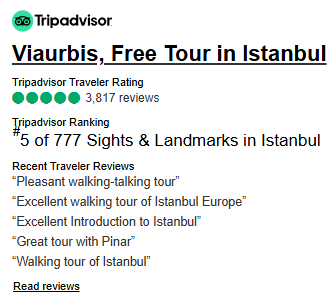
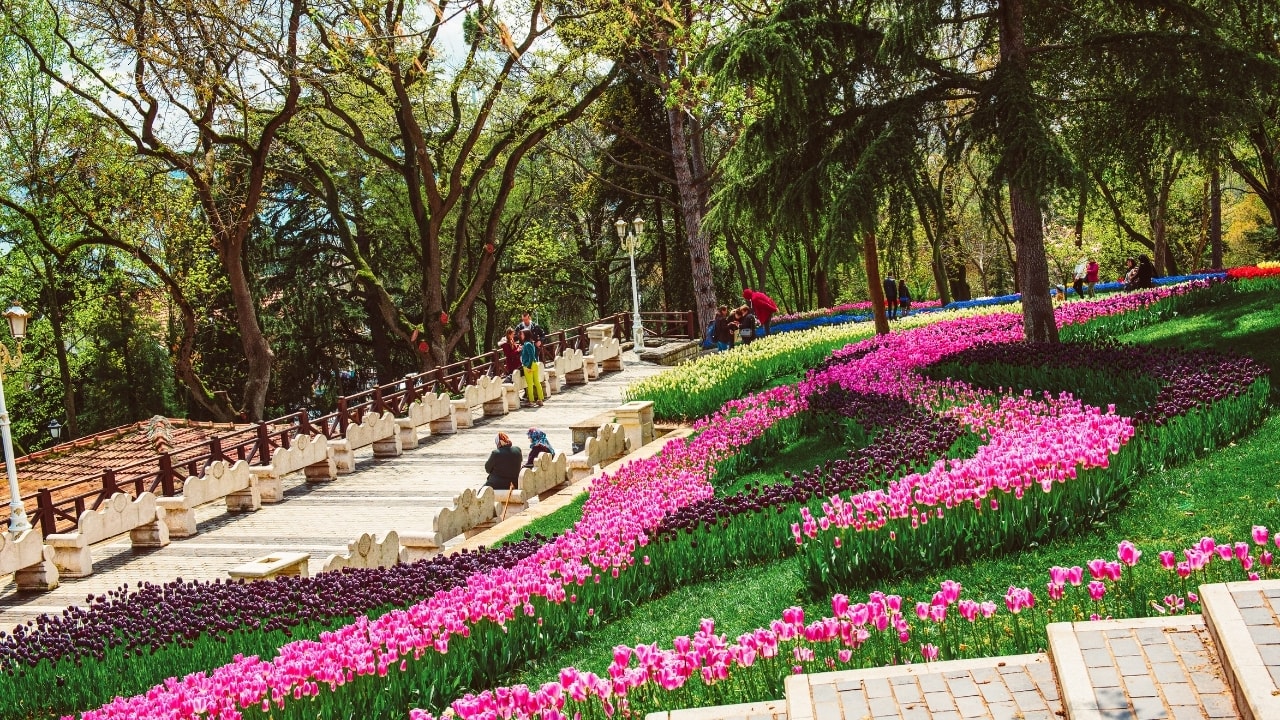


3 thoughts on “Holidays in Ephesus”
★★★★★
The charm of ‘Holidays in Ephesus’ captivated me entirely. It’s a destination that leaves no one indifferent.
★★★★★
Learning about and visiting ‘Holidays in Ephesus’ was both fun and educational. Everyone should experience this!
★★★★★
Discovering ‘Holidays in Ephesus’ was one of the highlights of my trip. Don’t miss out on this gem!